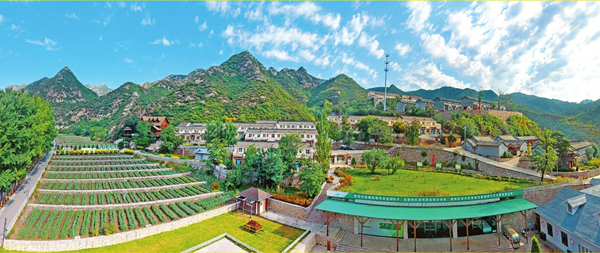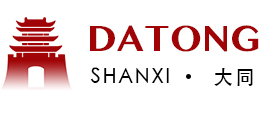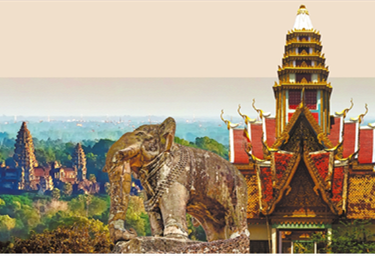Datong follows green development path

Chehe community in Lingqiu county, Datong, features a combination of organic agriculture and ecological tourism. [Photo/Shanxi Daily]
Datong in North China's Shanxi province practices the concept of green development and has led rural vitalization by coordinating land use, industrial development, village layout, environmental improvement, and cultural heritage promotion in recent years.
Lingqiu county, located in the province, has strengthened infrastructure construction and explored the development of regional culture. The county has made use of local tourist attractions related to the history of the Communist Party of China and integrated the development of culture, tourism, agriculture, sports and health care, forming Tanghe Ecological Corridor and Pingxingguan Great Wall landscape belt.
Guangling county has been focusing on its water environment by expanding the Huliu River wetland area and promoting the health care industry. It has invested over 70 million yuan ($10.42 million) in restoring over 533 hectares of Huliu River wetland area, restoring 27 bird islands, building nine artificial lakes, and planting more than 33 ha of trees and flowers. Eighteen villages along the river have become ecological villages with a beautiful environment, complete facilities and distinctive features.
The county has also applied organic dry land farming to industries such as organic grains, green vegetables, ecological farming and apricot fruit. In 2021, the county's grain planting area reached 12,666 ha, and the grain was sold throughout North China.
Hunyuan county in southeastern Datong has been exploring local authentic medicinal ingredients, with a focus on the Astragalus membranaceus (a traditional Chinese herb) industry. A large number of intensive, high-end and high-quality Astragalus membranaceus enterprises have set up operations in Hunyuan, exporting over 1,500 metric tons of the herb every year and various herbal products selling well at home and abroad.
An Astragalus membranaceus Cultural Park opened to the public in the county this May. The theme park, consisting of a museum and a sales area, integrates tourism, production, sales and R&D related to the Chinese herb, showcasing rich herbal resources in the county and promoting the brand of Hunyuan Astragalus membranaceus.


